T4K3.news
Guilty verdict in east London shooting case
A man has been found guilty of causing grievous bodily harm and attempting to murder several people in a gang-linked drive-by outside a Hackney restaurant. Sentencing on September 12.
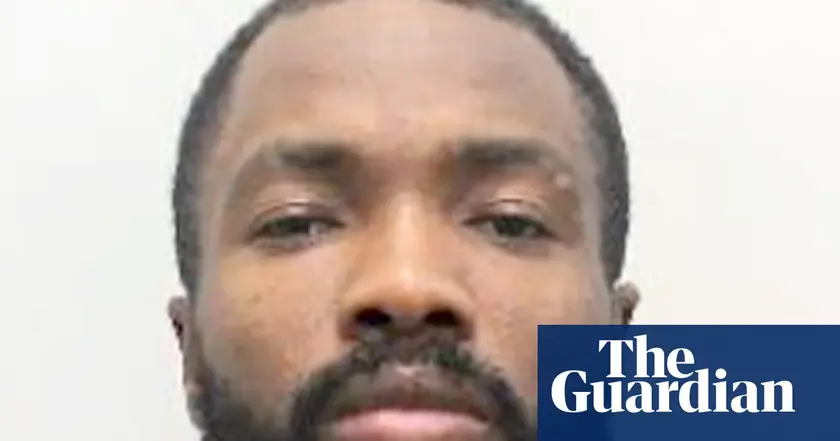
A man is found guilty of coordinating a drive-by attack that injured three men and left a nine-year-old girl with a bullet in her brain.
Guilty verdict in east London shooting case
A jury at the Old Bailey has found Javon Riley, 33, guilty of causing grievous bodily harm with intent to the nine-year-old girl and of attempting to murder three other men in a drive-by shooting outside the Evin restaurant on Kingsland High Street in Hackney on 29 May last year. The gunman on a passing motorbike has not been caught. The girl cannot be identified for legal reasons. The attack occurred amid a long-running feud between north London Turkish gangs, with injuries to three men nearby as well. Riley was remanded to custody to be sentenced on 12 September.
Prosecutors said Riley played a key role before, during and after the shooting, including reconnaissance of the restaurant, scouting for targets and driving away the gunman in a stolen car later found burnt out. The case also highlighted the girl’s devastating injuries; she spent three months in hospital and will live with lifelong physical and cognitive problems due to the bullet in her brain. A reward of up to £15,000 was offered for information that leads to the gunman’s identification, arrest and prosecution. Riley has prior convictions dating back to 2008, including drug offences and possessing weapons.
Key Takeaways
"In a single moment, the future we had imagined for our daughter was torn away."
mother's statement after the attack
"You have clearly taken part in a shooting which has led to four people being injured, one of them particularly seriously."
judge's remarks during sentencing
This verdict spotlights how gang feuds unfold through networks of mid-level actors, not just lone gunmen. Riley’s role as a facilitator—planning, scouting, and enabling the escape—shows the persistence of organized crime even when the person who fired the weapon remains unidentified. The case underscores the human cost beyond headlines: a child living with permanent brain injury and families facing emotional and financial strain while seeking accountability.
It also tests the criminal justice system’s ability to attribute responsibility in complex urban crime. The sentence will carry symbolic weight for communities affected by street violence and for policymakers watching for signs of deterrence or reform. The mother’s testimony and the police reward reflect the dual pressures of healing and prevention that follow such incidents.
Highlights
- A child should never be a target of gang warfare
- Justice arrives late for a child who will live with a bullet in her brain
- The streets do not deserve a place in our daily lives
- Violence steals futures and the city must answer
Sensitive crime case involving a child victim and gang activity
The article centers on a violent crime with a young victim and ongoing gang rivalries. Public safety concerns, witness reliability, and potential community backlash may follow. The case could influence local perceptions of policing and justice.
Justice must translate into safer streets and real support for families who bear the scars of violence.
Enjoyed this? Let your friends know!
Related News
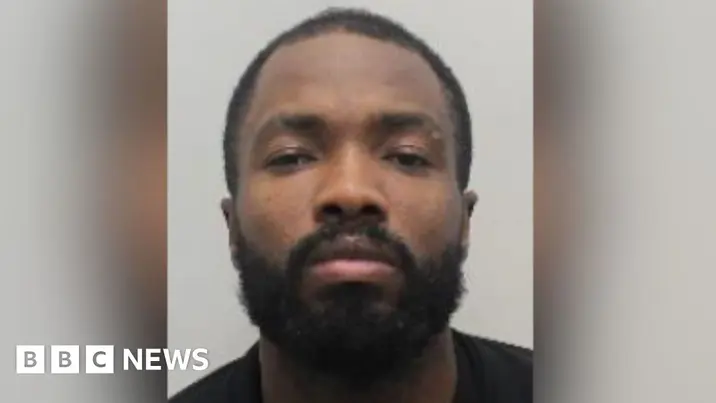
Dalston shooting verdict confirmed
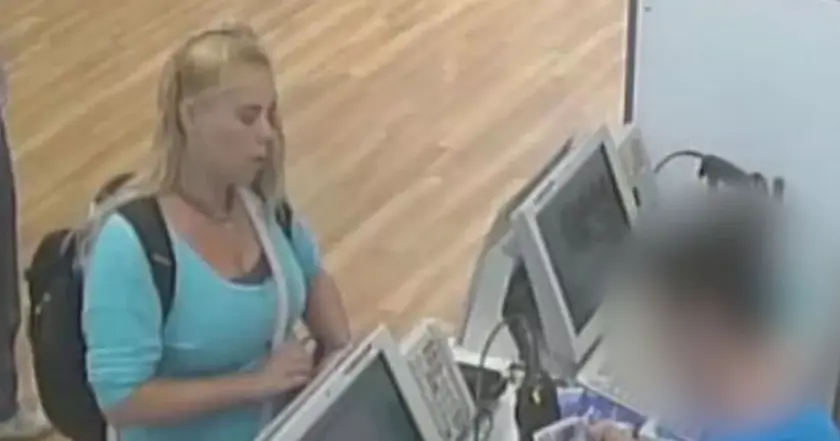
US woman convicted in Birmingham plot
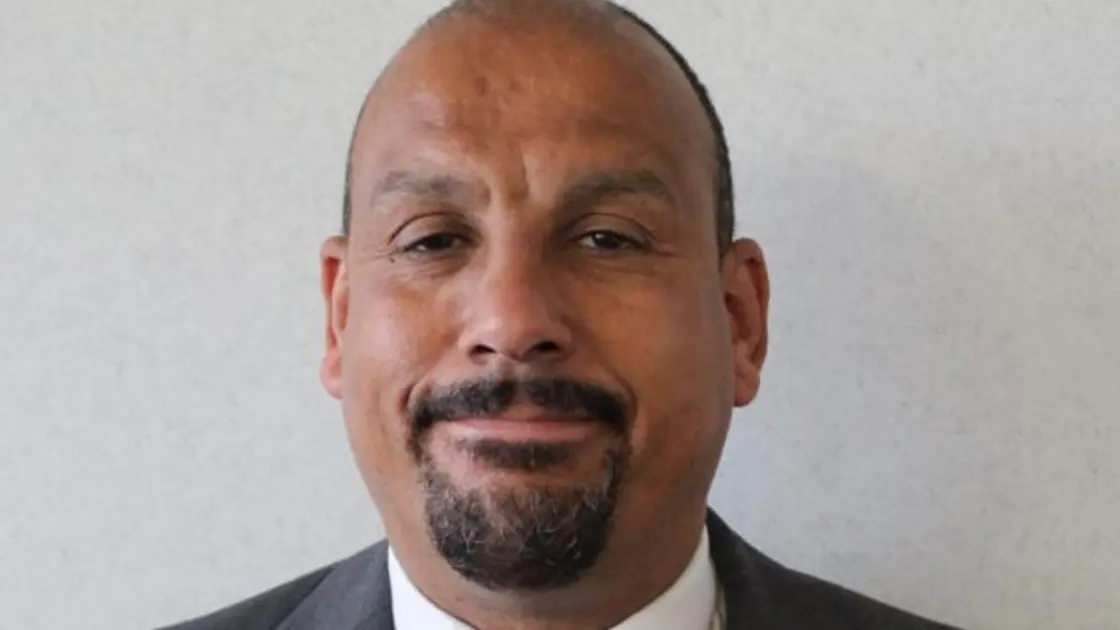
Labour councillor acquitted after protest remarks
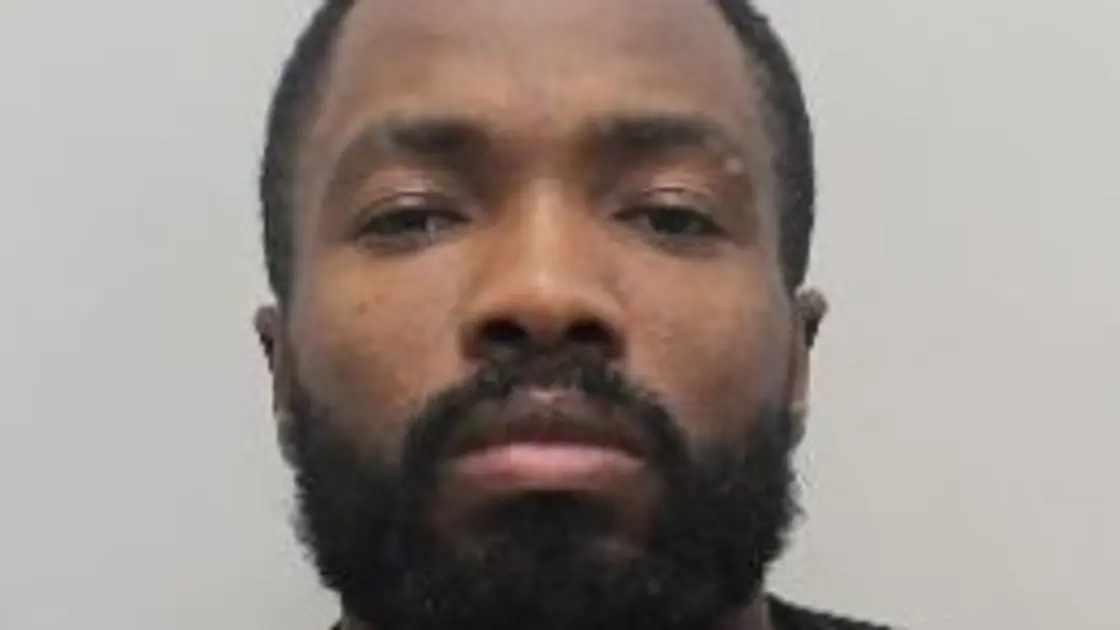
Javon Riley found guilty in Dalston shooting
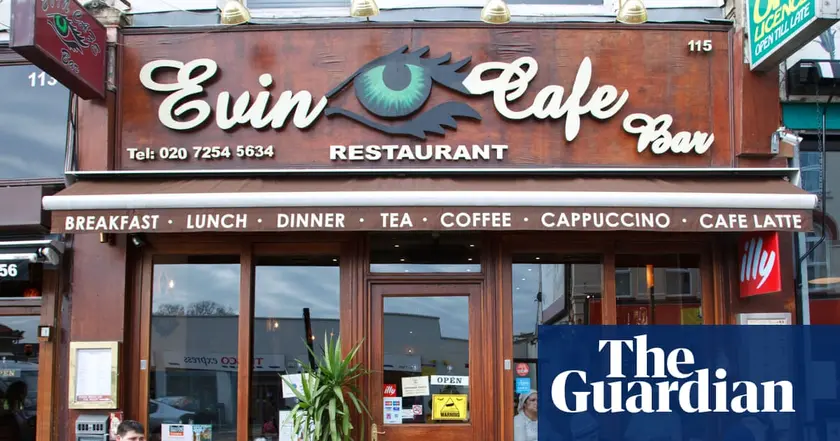
Nine-year-old girl injured in Dalston shooting
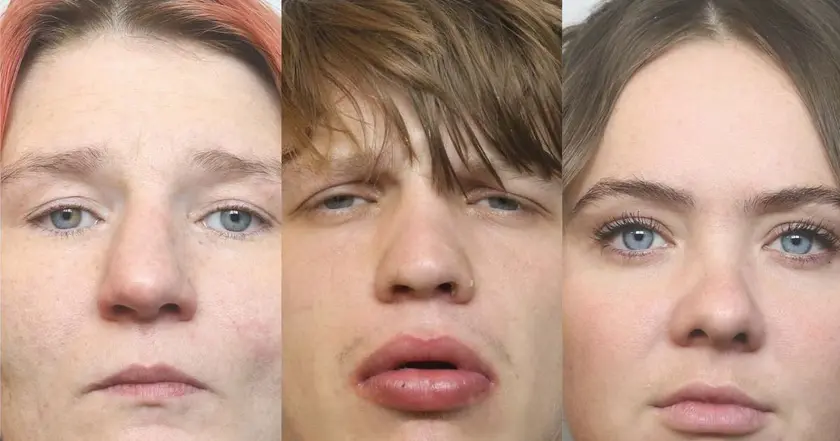
Merseyside jails 66 criminals in July
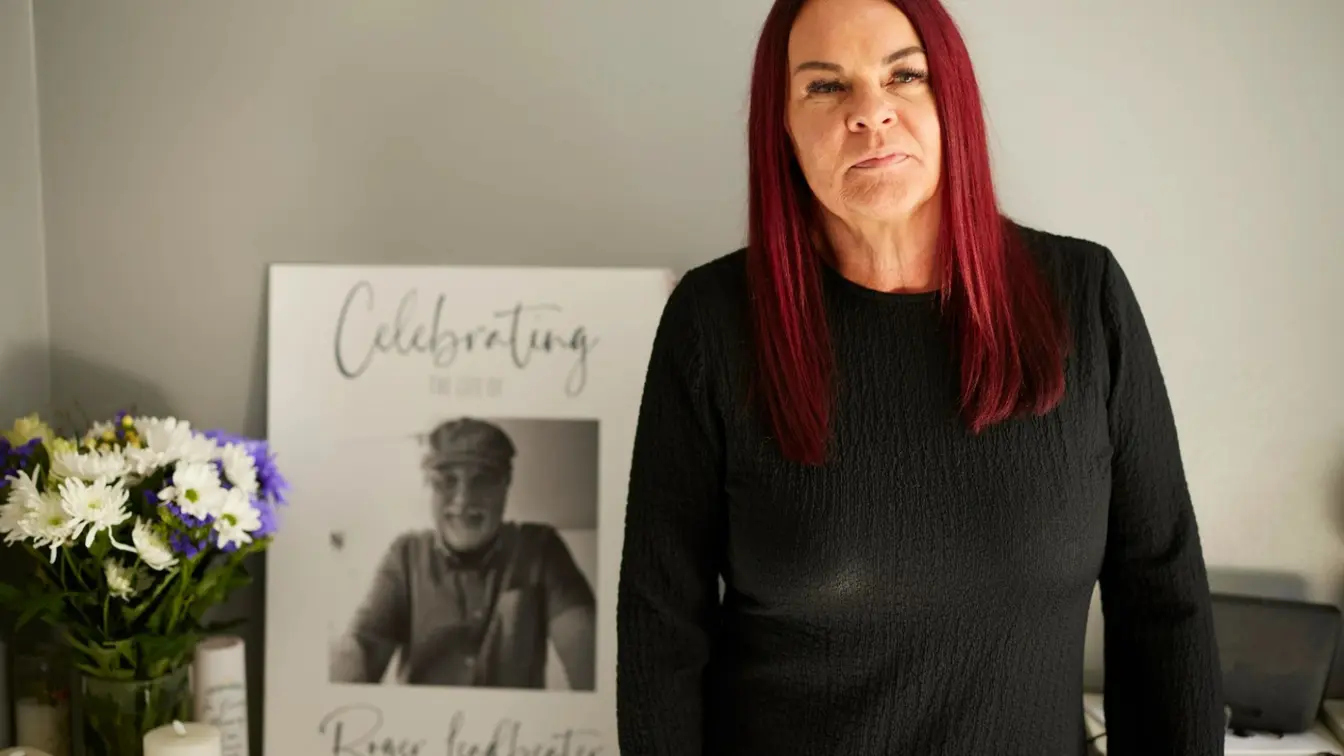
Murder linked to cannabis highlights safety concerns
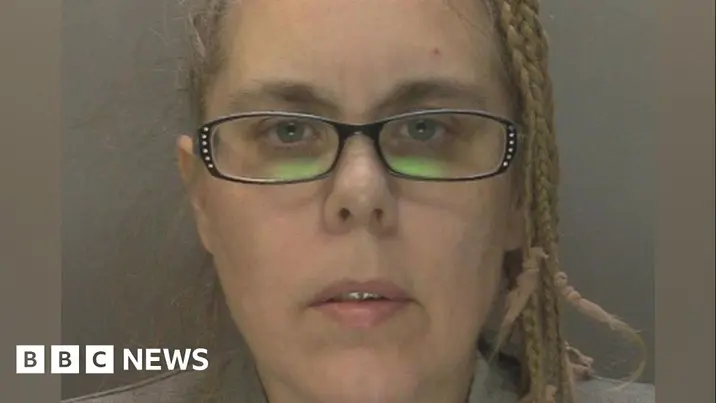
Betro convicted in UK conspiracy case
